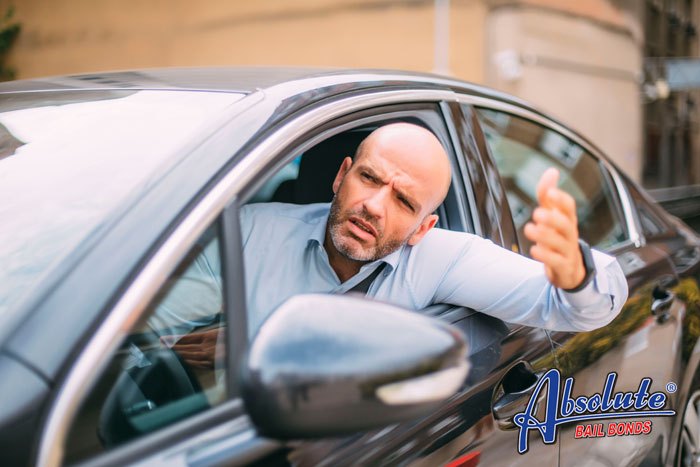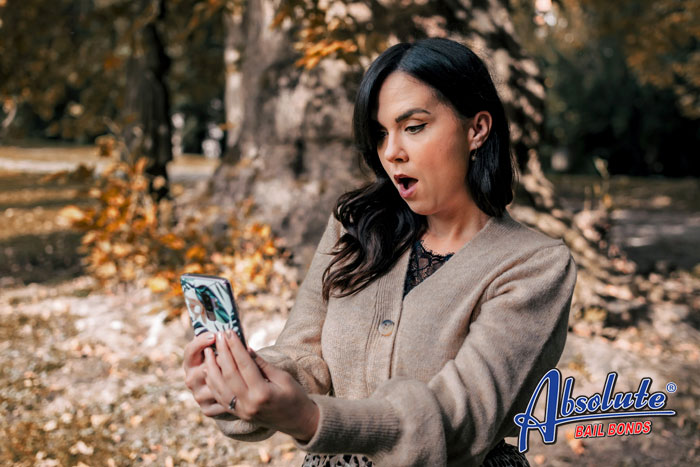
Is It Illegal To Brake Check?
“Brake check” is a term that refers to the act of someone slamming hard on their brakes while they’re driving in front of another driver, forcing the other driver to either slam on their own brakes or swerve out of the way. It’s often done because the driver of the lead vehicle feels the second car is following too closely, or tailgating, them. The hope is that slamming on the brakes will convince the other driver to back off. It’s important to understand that this isn’t just a light tap of the brakes. During a brake check, the driver exerts enough pressure on the brake pedal to quickly and significantly slow their vehicle. They usually hit the gas pedal equally hard and speed off.
The interesting thing about brake checks is that both the brake checking and the tailgating are considered to be examples of aggressive or reckless driving. In this particular incident, both drivers can be issued a ticket. Both actions can lead to a serious accident.
There are a couple of different reasons people tailgate. The first is because the driver is impatient and hopes that they can encourage the other driver to go faster. In this scenario, the tailgating is a form of road rage and aggressive driving. The second most common reason for tailgating is because the driver isn’t paying attention or doesn’t realize just how close they’re getting to the other car’s back bumper. In this instance, the tailgating is a perfect example of distracted or careless driving.
If a police officer observes you doing a brake check, they can nail you for reckless driving. Don’t assume that it will merely be a ticket and a fine. Depending on the circumstances, your brake check could result in you gaining a criminal record, possibly losing your driver’s license, and even ending up in a jail cell.
If your brake check results in someone getting hurt or killed, the penalties are more severe and could include the suspension of your driver’s license. It’s also likely that the injured party will file a civil case against you.
The next time you get tired of being tailgated, take a deep breath and keep your foot off the brake pedal. Remind yourself that it’s far better to be irritated than to do something that could cost you both your freedom and your means of transportation.

Mug Shots Decorating Social Media Feeds? Not Anymore!
Law enforcement agencies throughout the United States have discovered the importance of social media marketing. It’s a great way to stay in touch with the communities they trust, to gain some extra funding, and even get some important leads on open cases.
Posting mug shots on social media sites is one of the things some law enforcement agencies have done to generate extra social media content. This is a practice that California police departments will not be doing in 2022.
At the start of 2022, a new law went into effect that doesn’t straight up ban police officers from posting mug shots on the department’s social media accounts, but it does significantly limit which mug shots can be posted.
The law that restricts the mug shots police departments can post on social media is AB 1475. Governor Newsom signed it in July 2021. It goes into effect at the start of 2022.
It’s important to understand that the new law doesn’t prohibit officers from turning to social media and posting images of suspects while they are investigating a case. The only thing that changes is the police force can’t post the mug shot they took after arresting someone for a non-violent crime if that person hasn’t yet been convicted.
The reason behind the new law is simple. Some people were concerned that by posting the mug shots of recently arrested suspects who hadn’t yet been convicted of a crime, the police department was creating an environment that was full of presumed guilt. Not only would this presumed guilt make it more complicated to find an impartial jury, but it could also negatively impact the overall quality of someone’s life. All it takes is for friends, family members, and even employers to see the mug shot on social media for them to start thinking that someone is guilty of a crime that they’ve been arrested for but not officially convicted of. This type of situation can cost people valuable relationships and might even lead to them losing their job or having a difficult time finding a home.
It’s important to realize that the way AB 1475 was written still allows police departments to use social media and to post information and mug shots of fugitives, suspects the department believes to be a risk to society, and anyone who is suspected and has been arrested for committing a violent crime.
It will be interesting to see if any more laws that dictate how the police can and can’t use social media are created in the future.

